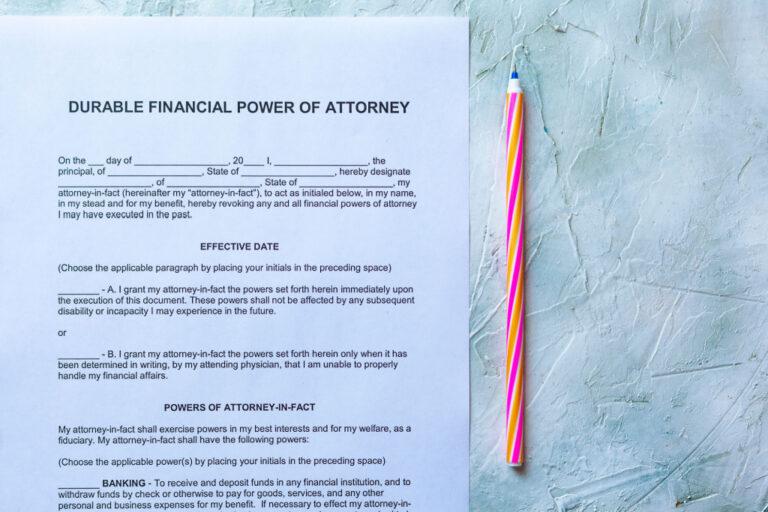For many, simply hearing the word “probate” sends shivers down their spines. You might have heard horror stories about the probate process: how much time it takes, the amount of money it costs, and the divides it can create between family members.
While the probate process can be daunting for some, the reality is that probate is necessary to administer the assets of an estate in many cases. Understanding how to approach probate in Arkansas is the first step to easing your fears and forming an estate plan that makes the process smooth and simple for your loved ones.
Probate in Arkansas With a Will
It’s a misconception that creating a valid Last Will and Testament will keep your estate out of probate. There are actually several misconceptions surrounding how probate works, but the reality is that probate is simply the process of handling your assets after your death. Even estates with a will must go through probate; the only exception is estates with no probate assets, such as certain bank accounts with a listed beneficiary or jointly held property.
To begin the probate process with a valid will, the first step is to file a petition to the court in the county where the decedent held residence. The court will then admit the will and name the executor as stated in the will before holding a hearing. The purpose of a hearing is to give beneficiaries a chance to object to the named executor. Once an executor has been appointed, he or she will handle the administration of the estate including notifying creditors to settle debts, filing taxes, and distributing assets according to the will.
You may be able to avoid probate with a well-thought-out estate plan that includes trusts and other estate planning documents. Contact an estate planning attorney to learn more about crafting an estate plan that helps you avoid the costs of probate.
Probate in Arkansas Without a Will
Dying without a will greatly complicates and prolongs the probate process. The process starts with a petition to the court by a person who hopes to be the estate’s administrator. All potential heirs and creditors must be notified of the upcoming hearing, where others can object to the administrator. After an administrator is appointed, he or she must make an account of all probate property and issue a legal document toward creditors, who have a limited amount of time to reclaim debts as mandated by Arkansas law.
Creditors have several months to make a claim against the estate, which may require court approval in order for the administrator to issue a payment. During this time, the administrator must also handle taxes and funeral costs, all of which are taken from the estate. Finally, the administrator must distribute the remainder of the estate to heirs before closing the estate and being relieved of administrator duties.
There are many downsides to going through probate without a will. Because there is no specific plan in place, probate without a will takes longer and costs more. The process can be stressful to all parties involved, especially when there are disagreements over how the assets are handled and distributed. Because of the way Arkansas probate law works, a decedent’s assets aren’t kept private when going through probate without a will.
Contact an Arkansas Probate Lawyer
Are you preparing to go through the probate process for a loved one or family member’s estate? Do you want to create your own estate plan that simplifies the probate process after your death? A skilled Arkansas estate planning and probate attorney can help you ease the burden of probate. Contact L. Jennings Law to schedule a consultation with our experienced law team. We are experts in Arkansas probate and estate law and we can help you find the right strategy for your situation.







